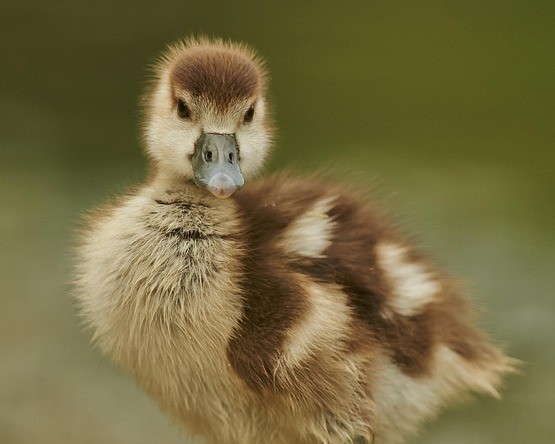Emerging Threats
Waterfowl are critical components of aquatic ecosystems across the globe. For decades, their conservation has served as a model of collaboration between governments, scientists, and hunting communities. However, mounting environmental pressures and the shifting political landscape is putting these gains at serious risk.
Despite past successes, waterfowl now face new and intensifying challenges:
• Habitat Loss: Wetlands are being lost at alarming rates to agriculture, urbanization, and climate-induced drought.
• Climate Change: Shifts in temperature and precipitation are disrupting migration patterns and nesting success.
• Disease and Pollution: Outbreaks of avian influenza, lead poisoning from spent ammunition, and exposure to pesticides continue to impact population health.
• Policy Changes and Budget Cuts: The current administration’s budget cuts have severely impacted the U.S. Geological Survey’s (USGS) biology research, including waterfowl studies. These cuts threaten critical data collection and monitoring efforts essential for informed conservation decisions.
Additionally, the Department of the Interior’s recent restructuring has led to concerns about the future of the Migratory Bird Joint Ventures, collaborative efforts that have been instrumental in waterfowl management.
Your Role as a Hunter and Conservationist
Despite these challenges, the waterfowl hunting community remains a vital force in conservation. Responsible hunters contribute to habitat preservation and funding through a variety of programs including the Federal Duck Stamp, which has raised over $1.2 billion to protect more than 6.5 million acres of wetlands.
However, the community faces increasing pressure from both environmental groups and policymakers. Some advocate for alternative conservation strategies, such as eco-tourism, to replace traditional efforts and hunting practices.
The Role of Management and Public Engagement
Effective waterfowl management relies on adaptive strategies, including scientific monitoring, sustainable hunting practices, and public-private partnerships.
Organizations like Nevada Waterfowl Association, Ducks Unlimited, and the U.S. Fish and Wildlife Service, play key roles in coordinating efforts and engaging stakeholders.
However, ongoing success depends on:
• Increased funding for wetland restoration
• Strengthened local and international cooperation
• Public education and outreach
• Integration of climate resilience into management plans
Call to Action
Your voice needs to be heard!
Waterfowl conservation is at a critical juncture. Without renewed commitment and adaptive action, decades of progress risks being undone. The future of waterfowl, and the health of the wetlands, will depend on our ability to act boldly in the face of evolving environmental and political challenges.
Contact your representatives now! As a hunter, you uniquely understand that we need their support to address the lack of federal oversight, data on migratory bird populations, and concerns about critical habitat protection.

